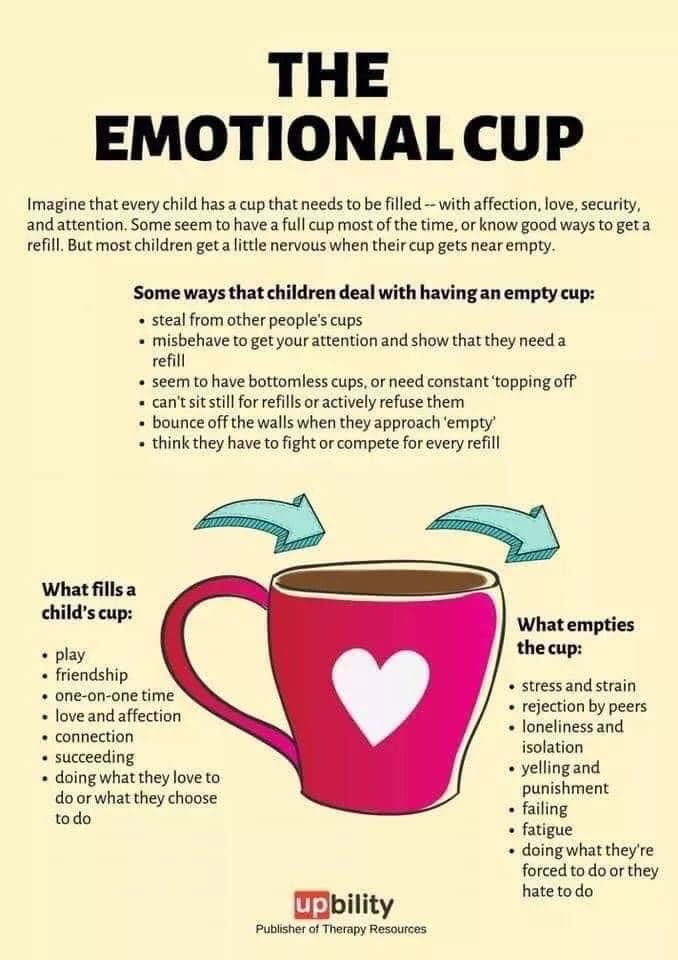
A nice resource during uncertain times:


Kia ora whānau
Later today we await the Prime Minister’s announcement on whether the lockdown will continue, be lifted or even move to Level 4. The school is preparing for each scenario, hoping for the best and planning for the worst. We will notify you in all likelihood on Saturday as the announcement is expected late today. Similarly it would be wise for you to also plan for the different scenarios.
Stay well, be safe.
Kia kaha
Ngā mihi
College Sport has announced that all fixtures due to be played this weekend have been cancelled.
Dear parents/caregivers
During lockdown level 3 for the remainder of the week we are asking students to:
At this stage there are no students at the school and no requests. If you are an essential worker and your child requires supervision please contact your child/ren’s Whānau Leader. If they are to attend school please ensure they have face masks, their devices and chargers as well as food and water for the day. Water fountains, microwaves and the toasters are not available for use.
I will send further updates as and when we are informed of the situation moving forward. Hopefully we will be back at school on Monday.
Sincerely
Dear Parents and Students
You may have heard the news that we are back at Covid level 3 and schools are closed to all except essential workers from tomorrow (12 August).
Based on advice on the COVID website, Schools in Auckland can safely open but will have limited capacity. Where possible we encourage students to learn from home.
Only children who cannot be supervised at home should be at school and parents are to contact whanau senior leaders:
Mountains – Ian Suckling – isuckling@mhjc.school.nz
Water – Cathy Hewlett – chewlett@mhjc.school.nz
Forest – Melanie Kindley – mkindley@mhjc.school.nz
Coast – Raeesa Dada – rdada@mhjc.school.nz
Students should still be able to access their learning online.
Further updates will be sent by email. Please check the school website and facebook.
Sincerely
Ian Morrison



One of our core values is compassion/awhinatanga and we are proud of the way our community responded to our charity drives recently and lived our values.
Our annual poppy day collections were disrupted by the lockdown however we had a mufti day and raised $1200 for the Howick RSA.
The Student Executive Council also started a Give a Little page which raised $500 for the Salvation Army food bank. This is in addition to the work of student leaders who collected cans for the Salvation Army and everyone involved in the World Vision 40 hour famine appeal which raised $10000.
Many thanks to everyone who supported these charity drives.

At the end of term 2 our Kapa Haka group, staff and students who had helped to save the Tairere trees in Tāne Forest shared a karakia and waiata led by Matua Jason (Tuhaka) and Anthony (Keung) to honour the trees before they are felled later this term. These trees have been affected by the dry conditions experienced in Auckland and the lowering of the water table caused by new building developments over recent years.
The area cannot be used for Health and Safety reasons until, the dead trees are removed.

This week we will be celebrating the Māori New Year. This is a significant time to be reflecting on the year so far, assessing whether we are on track to reach our goals and what actions we need to take. Students will lead conversations about their learning journey at Student Led Conferences later this term and we are proud of how articulate they are and how our new reporting system provides them the opportunity to discuss achievement and progress across all areas of school life including how they are demonstrating our school values.
The principles of whānaungatanga, manaakitanga and kaitiakitanga are embedded in our values. Pono/integrity reminds us to do the right thing, show respect to ourselves, the environment and other people. Awhinatanga/compassion reminds us to be generous, support and be kind to each other. And whakamana/empowering through learning reminds us of our purpose as a school to provide students opportunities to learn how to learn and understand the purpose of learning so they become lifelong learners.
The world has been on a steep learning curve these past few months as we grappled with understanding the science behind the COVID-19 pandemic and the socio-economic consequences of measures taken to combat its effects. Our government chose to prioritise the hauora/wellbeing of our community and I can only endorse such an approach as an educational leader as it is people that matter.
We have also been challenged to examine ourselves within the context of the “Black lives matter” social action that has swept across the world. I challenge teachers, parents and students to reflect at this time about whether we are guilty of unconscious bias and how this may affect our relationships at school and in the workplace.
Later this term we will celebrate our cultural diversity with our annual Cultural Dress Day and which will include performances by dance and music groups as well as the performance of our school haka – Kia Mana Ake.
In term 4 we celebrate Kindness Week to coincide with Pink Shirt Day and will hold a colour run at the school for staff and students to show that we as a community accept, respect and celebrate people of all cultures, religions, languages and sexual identity. I am proud of our richly diverse community and trust many will join us in this initiative led by our Student Executive Council.
These and many other events illustrate our commitment to building a community where we all feel safe, included and valued.
Kia mana ake – Growing greatness!
As schools go into a well-deserved term break, parents will probably be wondering what to do with their children. A lot of us will not be able to travel overseas, given the warnings from PM Arden regarding COVID quarantine measures. We are expecting many of our students to stay at home and keep themselves occupied.
Social media in particular is popular amongst our students during the holidays. One of them in particular is Tik Tok. In this blog, we explain how Tik Tok works and the dangers that entails from using it.
Tik Tok is a free social media platform for creating and watching short videos and sharing them with friends and strangers. Users can embed music and filters, special effects and animation. Most of the videos have to deal with talent, short comedy skits and challenges but there have been some videos of a questionable nature uploaded.
Some concerns have already been raised over the use of Tik Tok over this by schools. One concern is privacy. While Tik Tok’s terms of use state the minimum age to join as 13, Tok Tok has been fined US$5.7m in 2019 over the harvesting of private information from such users.
Added to this issue of privacy is the well documented issue of online predators targeting young children. In a report by the BBC, many sexually explicit comments were found on videos posted by children. Tik Tok has not been responsive enough in removing these comments from the relevant videos and this is deeply concerning.
We have noticed also in MHJC that there is a growing tendency by students to use social media such as Tik Tok to post degrading and offensive content. Event if they are not the people posting, they can view such content posted by other people. I had several cases of challenge fads where students are encouraged to do dangerous tasks, to name an example.
In MHJC, we ensure our students are well educated about the dangers of social media. The MHJC ePassport is a series of activities designed to help students use the Internet safely and competently. Above all, students have to show evidence and their competency in developing robust and positive relationships online, whether it be on social media such as Tik Tok or other websites.
We empower our teachers through tools such as Classwize in keeping the class focused on the task at hand. Teachers can actively monitor their students’ internet usage in class and focus on encouraging good internet citizenship as well as correcting bad behaviour in class.
Our teachers also engage with parents on a regular basis reinforcing responsible use of devices and internet use at home. We recognise the importance of our parents and the role you play in your child’s cybersafety and the school will continue to support the tripartite relationship of school – parent – child in growing greatness in our MHJC graduates.